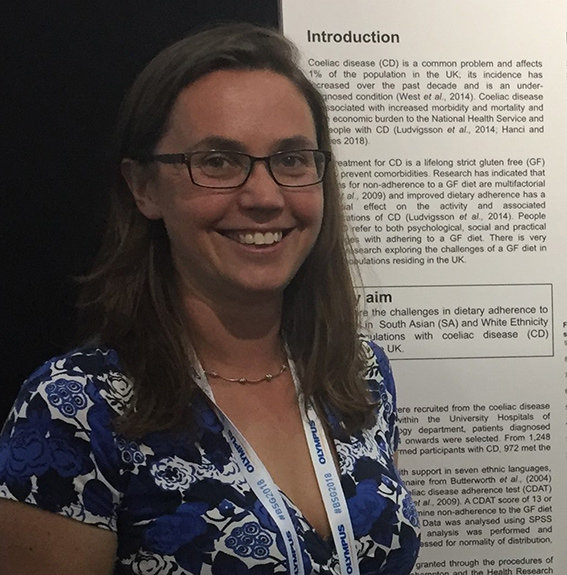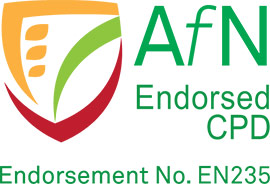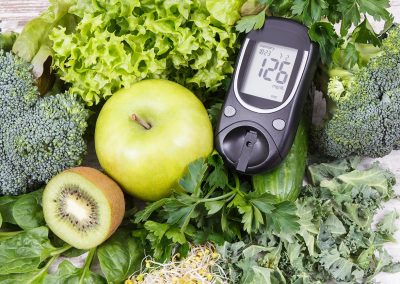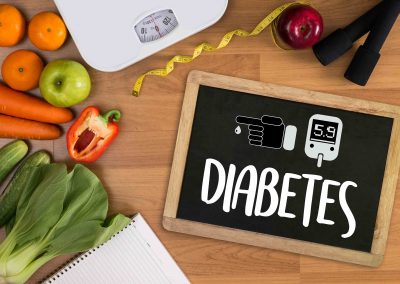
Free
60mins
Milk Intolerance in Adults
Is it the lactose or something else?
Dr Yvonne Jeanes, Dr Caroline Childs
Tuesday 10 May 20:00–21:00 BST
CONTENT AND LEARNING OBJECTIVES:
Many people experience gastrointestinal symptoms after ingestion of dairy products, but what is the primary cause of this discomfort? Is it the lactose or is something else at play?
Real-life, clinical data can provide valuable insights into conditions, such as milk intolerance in adults. However, an awareness of the limitations is key when considering how findings may influence practice.
In this Journal Club session, we’ll be appraising a paper exploring the reasons behind adult milk intolerance using clinical retrospective data and a prospective study.
Watch this webinar to
Gain clear understanding of:
- Cow’s milk intolerance in adults
- Lactose intolerance in adults
- Role of lactose in dietary management of IBS
Be aware of:
- Pros and cons of retrospective and prospective data collection
- Challenges and importance of clinical data
Be able to:
- Consider how this research may be used in practice
- Critically appraise future research
Help us to continue providing expert nutrition learning
If MyNutriWeb has helped you deepen your knowledge of dietary and nutritional subjects, join us to help support and educate people to eat well for themselves and the planet. Read more...

Expert speaker
Dr Yvonne Jeanes
Registered Dietitian
Head of postgraduate taught provision for School of Life and Health Sciences. Honorary Research and Policy lead for British Dietetic Association Gastroenterology Specialist Group and co-clinical lead for coeliac disease.
Passionate about improving the nutritional adequacy and practicalities of living with diets of exclusion, with projects exploring the acceptability and impact of digital healthcare provision for adult coeliac disease.
Paper reference
This session discusses the paper: Carroccio A, Soresi M, Mantia B, Fayer F, La Blasca F, Seidita A, D’Alcamo A, Florena AM, Tinè C, Garlisi C, Mansueto P. Whole Cow’s Milk but Not Lactose Can Induce Symptoms inPatients with Self-Reported Milk Intolerance: Evidence of Cow’s Milk Sensitivity in Adults. Nutrients. 2021; 13(11):3833. https://www.mdpi.com/2072-6643/13/11/3833/htm

About Journal Club Chair, Dr Caroline Childs
Each Journal Club session is chaired by Dr Caroline Childs, Nutrition and Metabolism subject lead in Medicine at the University of Southampton. She received student-nominated awards for ‘most engaging lecturer’ and ‘best pastoral support’ and a colleague-nominated award for teaching excellence. Dr Childs is a Nutrition Society Ambassador and a South East Regional Representative for the Association for Nutrition.
As she says, “Developing skills in critical appraisal is an essential part of being a competent nutrition professional – whether you’re a dietitian, nutritionist or health professional specialising in nutrition.”
APPRAISING RESEARCH PUBLICATIONS
Nutrition research reported in the media often highlights mixed or contradictory results between studies. So, as a nutrition professional, how can you ensure you use the strongest available evidence to inform your practice?
CPD CERTIFICATE & LEARNING MATERIALS
This webinar has been approved for CPD by the AfN

Once you have viewed a full recorded session the mynutriweb team will review and arrange to send you your certificate via email from hello@mynutriweb.com within two weeks of viewing the session.
Popular Now

Menopause, Heart Health and Cholesterol

Reversing Type 2 Diabetes

Nutrition and Cancer Myths Debunked
Feature in a Webinar
Webinar guest experts encompass topics relevant to all professionals and change agents in food and health, across all health and business sectors.
Would you like to feature in a webinar, or propose a guest expert?
Sponsor a webinar
MyNutriWeb offers organisations and brands an opportunity to sponsor topics, gaining valuable insights into the viewpoints of professionals within a moderated environment. If there is a topic that you would like to support please get in touch to discuss.
This website is intended only for students or professionals working in food, nutrition and health. If this is you, please click to continue.



